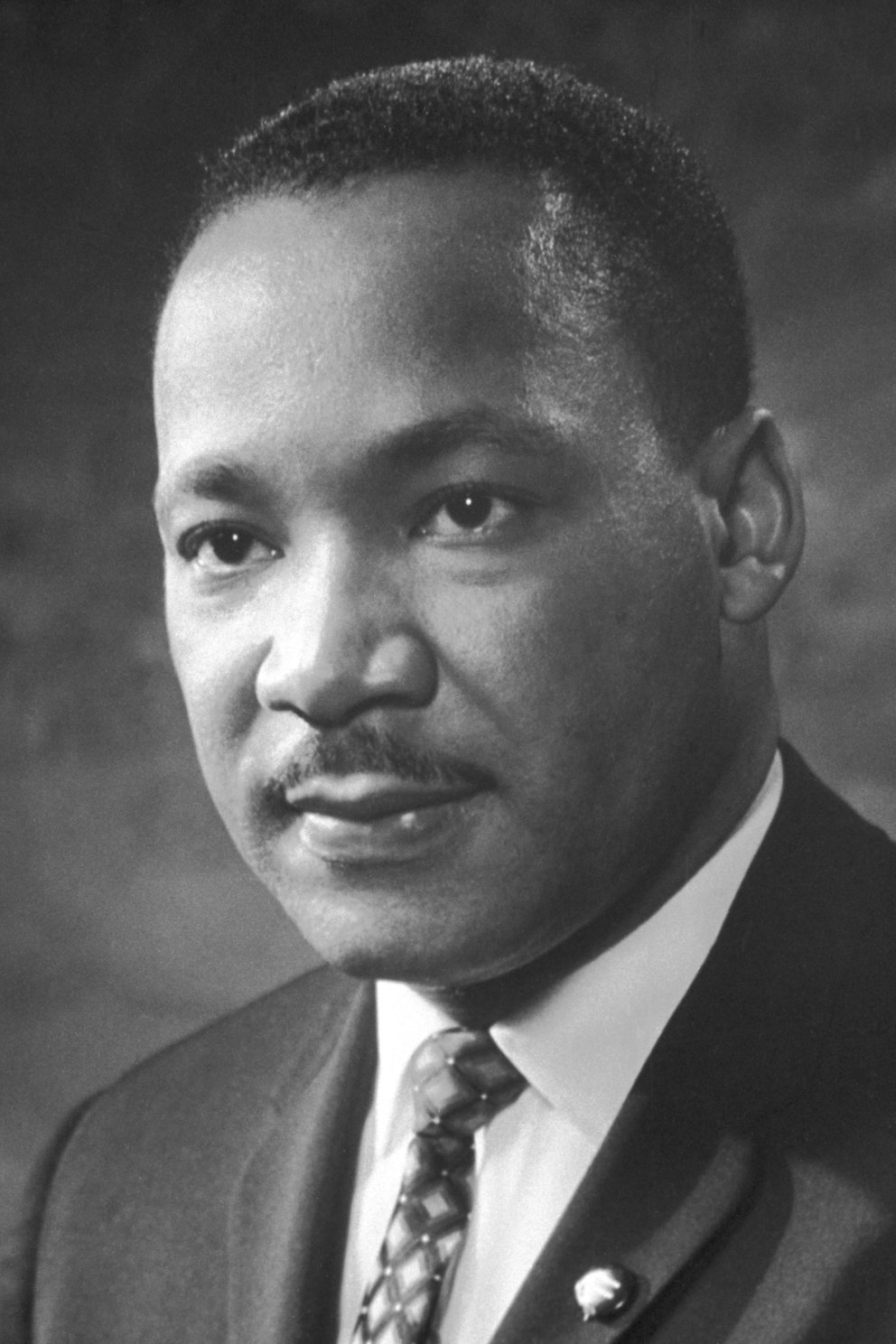Nobel Foundation Public Domain January 1964
As we observe Martin Luther King, Jr. Day, we look back to his writings about Jazz for the first-ever Berlin JazzFest in 1964.
Dr. King’s Essay on the importance of Jazz to humanity and the Civil Rights movement was not a speech, but it was written at the request of the festival organizers.
The lineup of the 1964 Festival included: Meade Lux Lewis; The Miles Davis Quintet; the Coleman Hawkins-Harry Edison Swing All-Stars featuring Jimmy Rushing; Sister Rosetta Tharpe; Roland Kirk; the Dave Brubeck Quartet, and much more.
There are many articles claiming Dr. King gave this opening address in person, but that does not appear to be the case. Dr. King was in Berlin in the beginning of September 1964, especially for notable appearances at the Berlin Wall, but he did not remain for the Festival, September 24-27.
Still, even with his recorded voice, the words are powerful. From the Program:
God has wrought many things out of oppression. He has endowed his creatures with the capacity to create and from this capacity has flowed the sweet songs of sorrow and joy that have allowed man to cope with his environment and many different situations.
Jazz speaks for life. The Blues tell the story of life’s difficulties, and if you think for moment, you will realize that they take the hardest realities of life and put them into music, only to come out with some new hope or sense of triumph.
This is triumphant music.
Modern jazz has continued in this tradition, singing the songs of a more complicated urban existence. When life itself offers no order and meaning, the musician creates an order and meaning from the sounds of the earth which flow through his instrument.
It is no wonder that so much of the search for identity among American Negroes was championed by Jazz musicians. Long before the modern essayists and scholars wrote of racial identity as a problem for a multiracial world, musicians were returning to their roots to affirm that which was stirring within their souls.
Much of the power of our Freedom Movement in the United States has come from this music. It has strengthened us with its sweet rhythms when courage began to fail. It has calmed us with its rich harmonies when spirits were down.
And now, Jazz is exported to the world. For in the particular struggle of the Negro in America there is something akin to the universal struggle of modern man. Everybody has the Blues. Everybody longs for meaning. Everybody needs to love and be loved. Everybody needs to clap hands and be happy. Everybody longs for faith.
In music, especially this broad category called Jazz, there is a stepping stone towards all of these.
Martin Luther King, Jr. for the 1964 Berlin JazzFest


